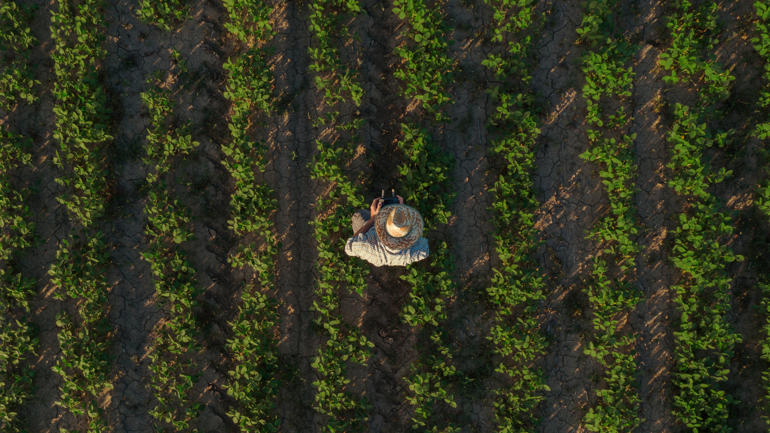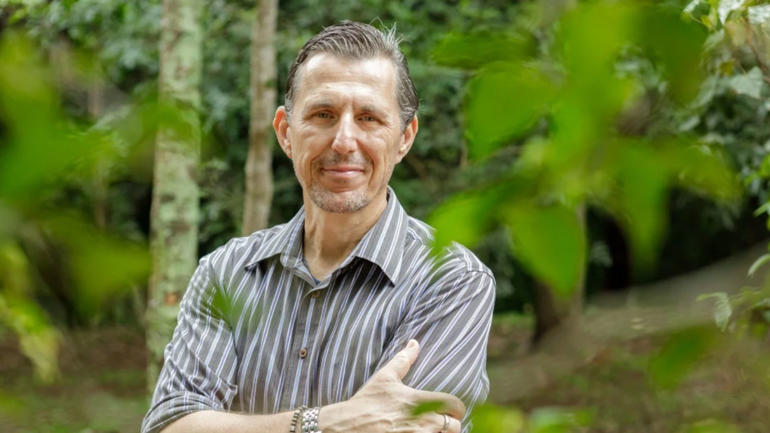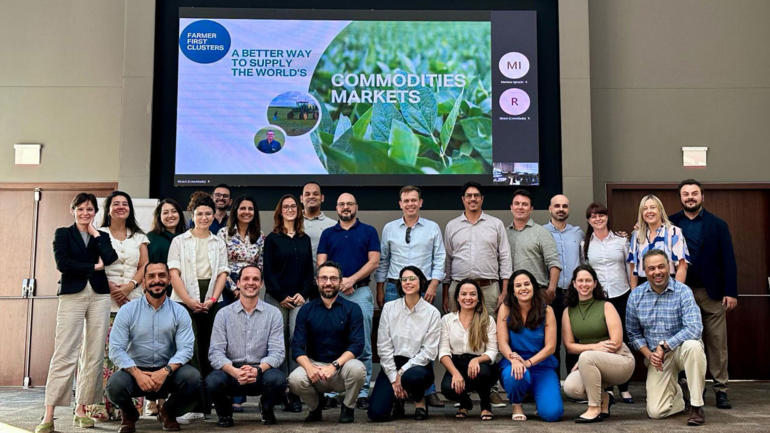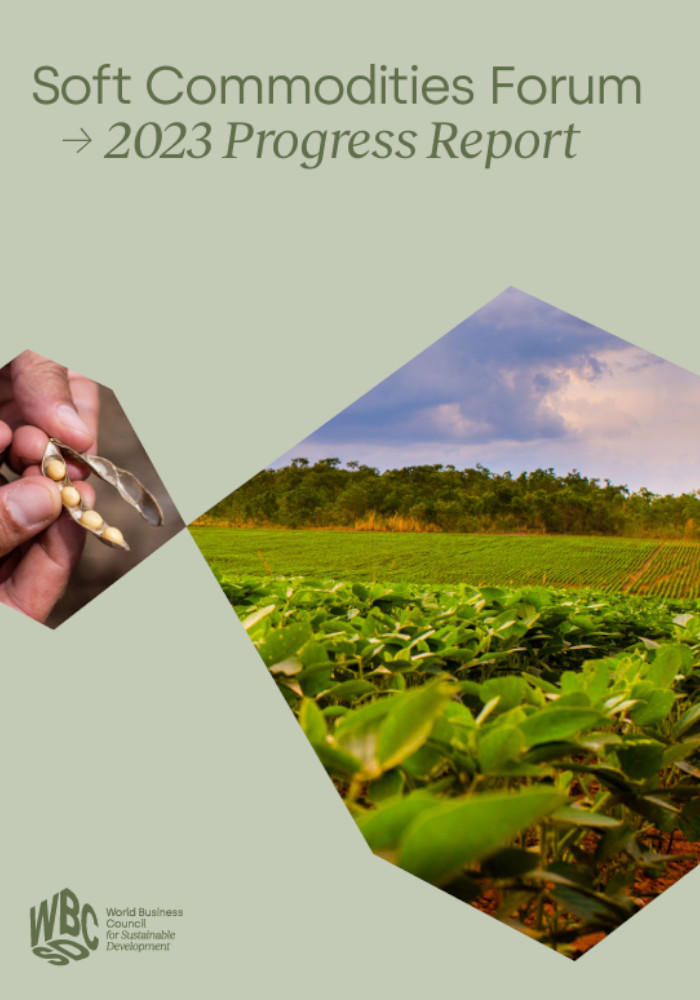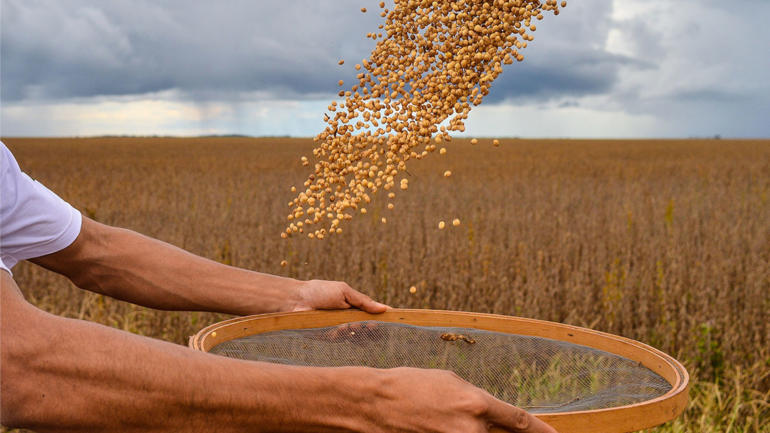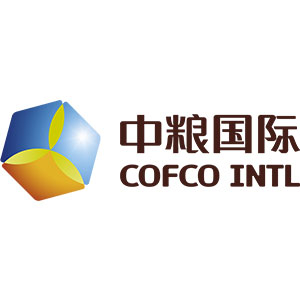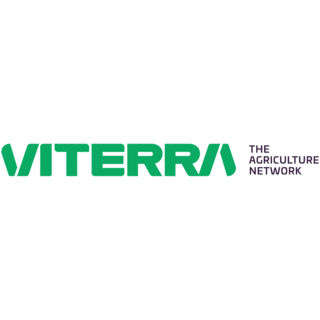Soft Commodities Forum
The Brazilian Cerrado is the world’s most biodiverse savannah and home to 5% of the planet’s animals and plants. Global demand for soft commodities such as soy and expanding economic development in Brazil threaten remaining native Cerrado vegetation. The Soft Commodities Forum (SCF) enables collaboration between six agribusinesses to identify solutions to eliminate soy-driven deforestation and native vegetation conversion. By working in partnership with producers, consumer goods companies, civil society, and governments to transform soy supply chains in member companies and beyond, the SCF contributes to the preservation of high-priority Cerrado ecosystems and transitions to more sustainable soy production.
Access the digital SCF progress reports
The challenge
Agriculture is an important economic engine in Brazil, guaranteeing local livelihoods and supporting global food security. In the Cerrado, Brazil’s latest agricultural frontier, rapid agricultural development has come at a cost, with increasing conversion of native vegetation and the loss of invaluable ecosystems. According to a study by Agrosatélite, 6.67 million hectares of land have been cleared in the Cerrado biome between 2014 and 2021 and, as of the 2021 crop year, 884,000 of those hectares produce soy.
The business case
The SCF picks up the task of bridging global goals with local realities in the Cerrado. Characterized as a savannah, the Cerrado is, in fact, a complex mosaic of savannahs, grasslands and forests. Its preservation is key for the important quantities of carbon it stocks, the biodiversity and watersheds it hosts, as well as for the indigenous communities whose livelihoods depend on it. However, over half the Cerrado has already been converted for food production. To meet global food security demands, commodity production must be decoupled from land clearing and shifted toward converted areas. Investment in successful financial incentives can reduce the opportunity cost of deforestation and conversion and contribute to the emergence of nature-positive landscapes.
The solution
The Soft Commodities Forum balances nature, environment and equity imperatives to achieve deforestation- and conversion-free soy supply chains through a dual approach. First, alignment on standards and metrics for soy supply chain transparency and monitoring among the six SCF member companies provides clarity for value chain stakeholders on land conversion dynamics. Second, the SCF’s action-driven landscape intervention strategy, the Farmer First Clusters, implements financial incentives for producers to support native vegetation preservation and sustainable production practices. These two goals are supported by stakeholder engagement which ensures transparency, dialogue and collaboration with external partners. Altogether, the SCF’s reporting standards and landscape-level intervention approach present a pathway to the elimination of deforestation and conversion for the soy sector and beyond.
We use cookies to ensure you get the best experience on our website. By choosing to continue, you agree to our use of cookies. You can learn more about cookies on our privacy policy page.

